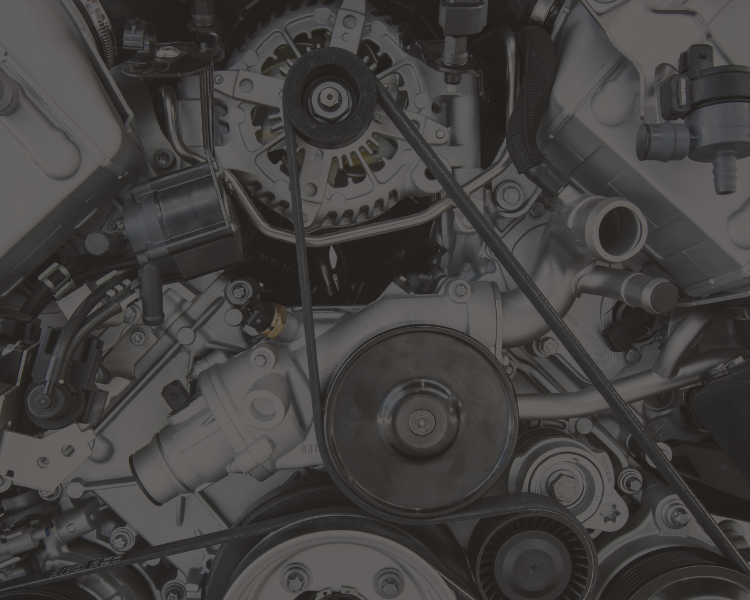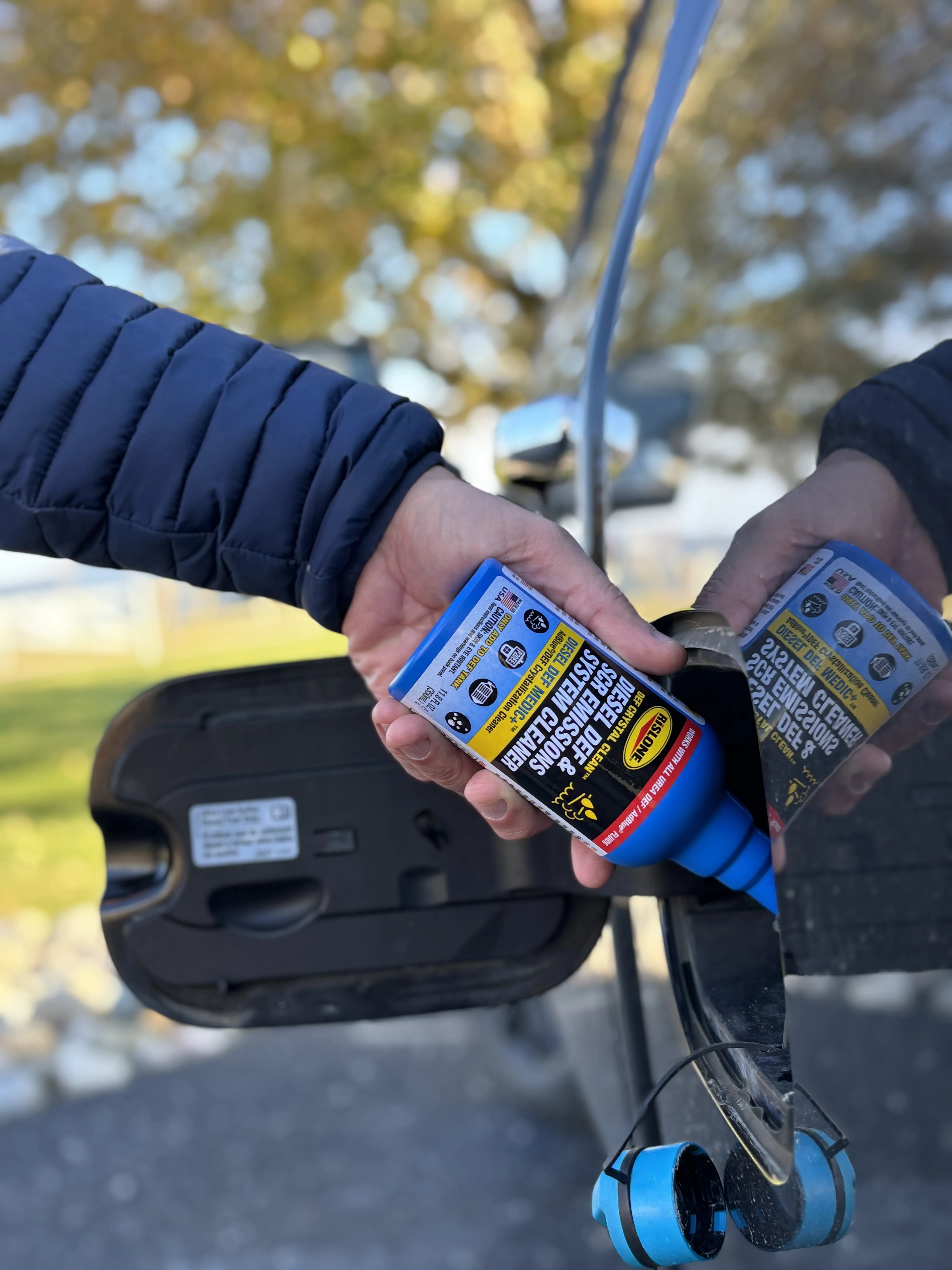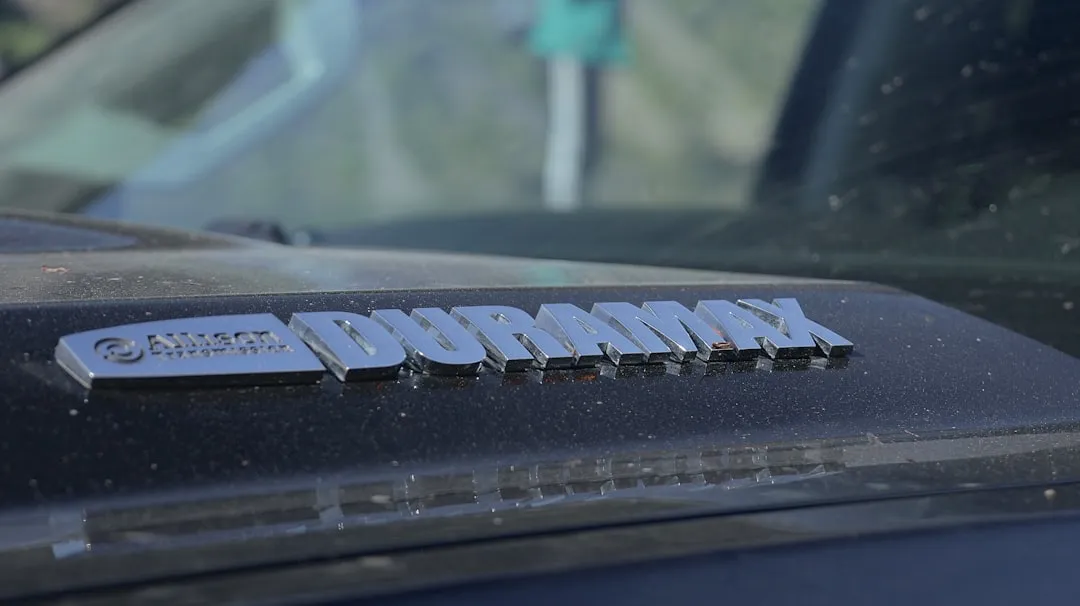9 Key Tips for New Diesel Vehicle Owners
So you’ve joined the diesel club—that’s awesome. Whether you’re driving a heavy-duty pickup, a sedan, or an SUV, diesel engines offer unique advantages like torque-heavy performance and better fuel economy. But here’s the thing: owning a diesel isn’t like owning a gas-powered vehicle; there are significant differences between diesel and gas vehicles in terms of engine operation and maintenance requirements.
Diesel vehicles have quirks, specialized needs, and maintenance rituals that can make or break your ownership experience. Since you might be new to diesels, let’s dive into five critical tips to keep your diesel engine running smoothly—and avoid expensive repairs down the road.
Understanding Diesel Engines
Diesel engines are known for their robustness and efficiency. Unlike gasoline engines, which rely on spark plugs to ignite the fuel, diesel engines use compression ignition. This means that the air inside the cylinder is compressed to such a high degree that the diesel fuel ignites upon injection. This process results in higher thermal efficiency and more torque at lower RPMs, making diesel engines particularly suited for heavy-duty applications like towing, commercial trucks, and buses.
One of the standout features of diesel engines is their fuel efficiency. Diesel fuel contains more energy per gallon than gasoline, which translates to better fuel economy. This is why diesel engines tend to be the go-to choice for long-haul trucking and other applications where fuel efficiency is important. However, this efficiency comes with a bit of a catch: diesel engines require regular maintenance to keep them running smoothly. Components like fuel filters, injectors, and sometimes even turbochargers need to be checked and replaced at regular intervals to ensure optimal performance and longevity.
Bottom line: while diesel engines offer numerous advantages over gasoline engines, they also demand a higher level of care and attention. Many new diesel owners do not understand this from the get-go. Truly wrapping your head around these differences and committing to regular maintenance will help you get the most out of your diesel vehicle.
Diesel Maintenance Isn’t Optional—It’s a Lifestyle
Gasoline engines might forgive the occasional skipped oil change, but diesel engines? Not so much. Diesel powertrains operate under higher compression ratios, which means components like pistons, injectors, and turbochargers work harder and endure more stress. Similarly, owning a diesel car offers benefits such as better fuel efficiency and longevity, but it also requires regular maintenance to ensure optimal performance. Here’s what you need to prioritize:
1. Follow the Manufacturer’s Service Schedule to the Letter
Your owner’s manual isn’t just a suggestion—it’s a rulebook. Diesel engines rely on precise timing for fuel injection, emissions systems, and cooling. Missing a service interval can lead to:
-
Clogged fuel filters (which diesel engines are notorious for)
-
Premature turbocharger wear
-
Oil oxidation and sludge buildup
Here’s what you need to prioritize: For a first time diesel owner, understanding these maintenance priorities is crucial to avoid costly repairs and ensure the longevity of the vehicle.
Pro tip: Diesel oil changes often need to happen more frequently than gas engines. Keep an eye on oil levels between changes, as diesel engines can burn through oil faster under heavy loads.
2. Invest in Quality Fuel Filters
Diesel fuel is less refined than gasoline, making it prone to contamination from water, microbes, and debris. A clogged fuel filter can starve your engine, leading to power loss or even injector failure. Replace filters at recommended intervals—and keep a spare in your toolbox for emergencies. Additionally, using quality fuel additives can help improve fuel efficiency and keep the engine clean. In fact, this is the reason we developed Rislone Hy-per Diesel Complete Fuel System Cleaner – it’s made specifically to address the fuel issues diesel engines can experience.
3. Your Driving Habits Directly Impact Your Engine’s Health
Diesels thrive on highway miles, but they hate short trips. For new diesel owners, understanding driving habits is essential to maintain the vehicle’s performance and longevity.
Avoid the “Short Trip Syndrome”
When you only drive short distances, your diesel engine never reaches its optimal operating temperature. This leads to:
-
Incomplete combustion, causing soot buildup in the DPF (Diesel Particulate Filter)
-
Excessive moisture in the exhaust system, accelerating corrosion
-
Regeneration cycles that fail to complete, clogging the emissions system and planting the seed for clogged Selective Catalyst Reduction (SCR) systems
If your daily commute is under 15 miles, take your diesel for a 30-minute highway spin once a week. Let it stretch its legs. This burns off accumulated soot and keeps the emissions system clean. Diesel trucks, in particular, benefit from regular highway driving to prevent soot buildup and maintain optimal performance.
Don’t Baby the Throttle
Diesel engines are built for work. Regularly towing or hauling moderate loads helps keep the turbocharger active and prevents carbon buildup in the exhaust. Just avoid redlining the RPMs—diesels perform best in the mid-range torque band. Unlike a gas truck, a diesel truck’s performance and efficiency are optimized in the mid-range torque band, making it ideal for towing and hauling. Even if you’re not doing much towing, get into the throttle. Let the engine work where it’s comfortable.
4. The Emissions System: Your Diesel’s Make-or-Break Component
Modern diesels rely on complex emissions systems to meet environmental standards. Neglect these, and you’ll face limp mode, check engine lights, or even thousands of dollars in repairs. Let’s break it down:
Diesel Exhaust Fluid/SCR Systems: The Crystal Build-Up Crisis
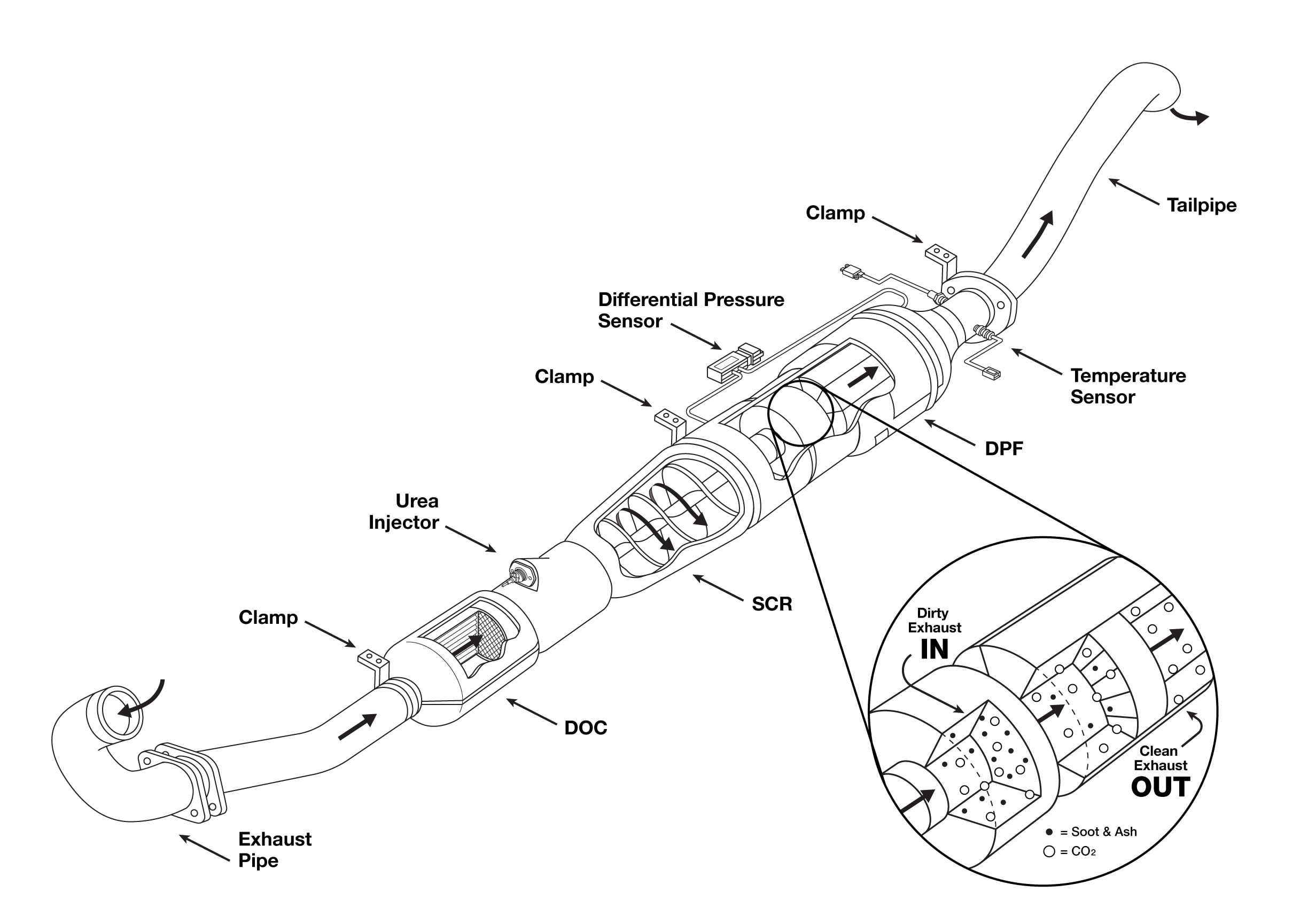
Diesel Exhaust Fluid (DEF) is injected into the Selective Catalytic Reduction (SCR) system to neutralize harmful NOx emissions. But when DEF crystallizes—often due to infrequent driving or low-quality fluid—it creates white, crystalline, cement-like deposits that clog injectors, sensors, and tanks. Symptoms include:
-
P20EE trouble codes
-
Reduced power and fuel economy
-
Costly SCR component replacements (typically $3,000+ out of pocket)
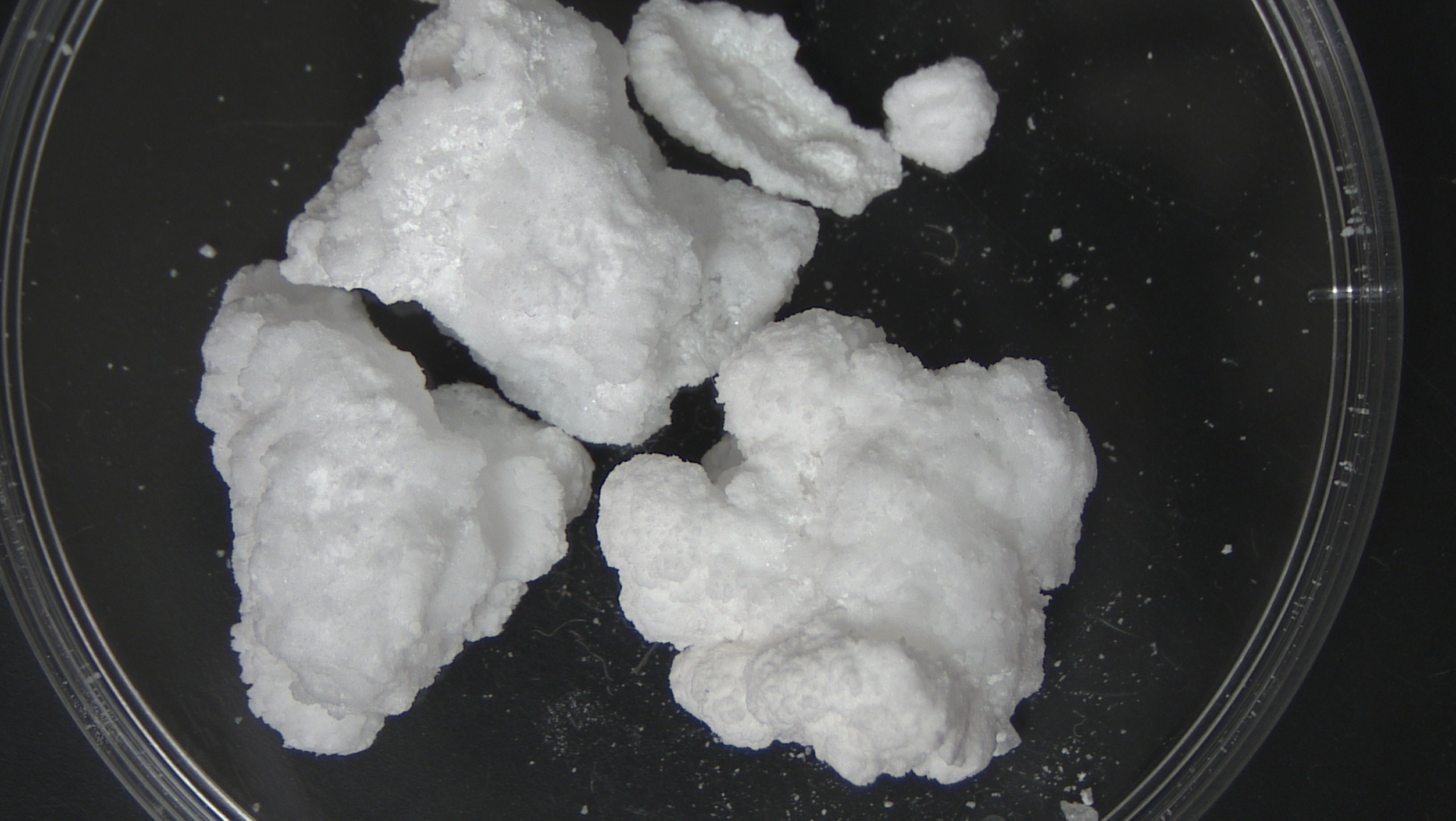
The Fix: Rislone DEF Crystal Cleaner®. This heavy-duty cleaner dissolves existing deposits in the SCR system, DEF tank, and injector. Pour it into your DEF reservoir (never the fuel tank!), drive normally, and watch it tackle crystallized gunk head-on. Once clean, follow up with Rislone Diesel DEF Treatment at every DEF refill to prevent future buildup.
DEF Crystal Clean™ also cleans DEF injectors and emissions components, restoring power and even the optimal DEF spray pattern. Unlike a gasoline vehicle, a diesel vehicle’s DPF requires regular maintenance to prevent clogging and ensure factory performance.
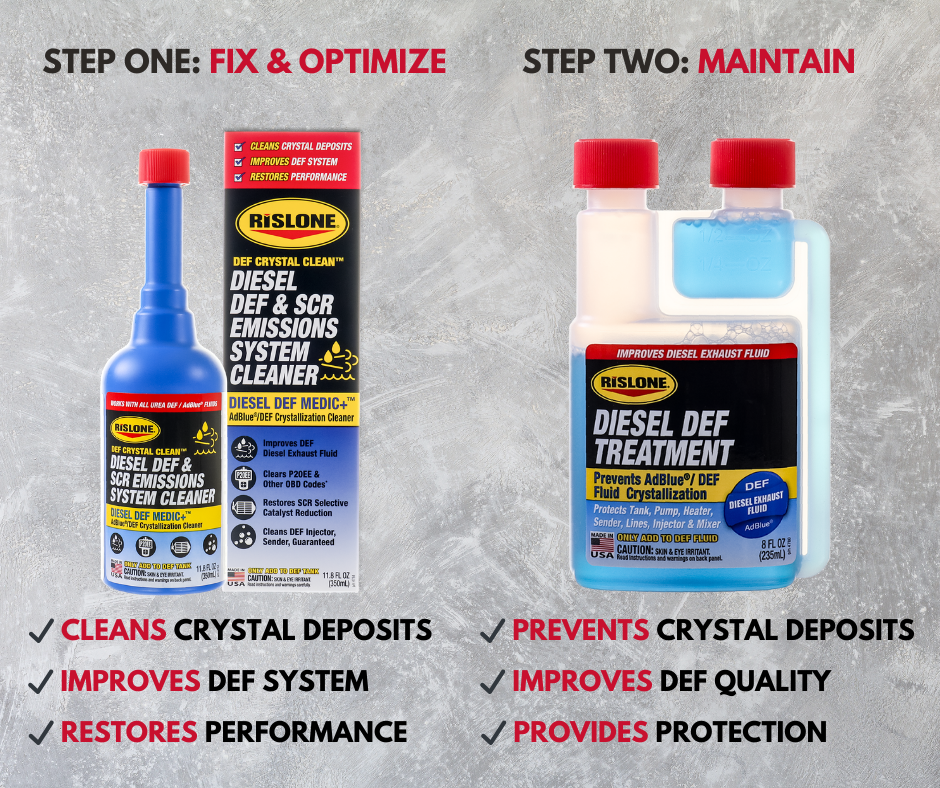
5. DPF Maintenance: Don’t Wait for Limp Mode
The Diesel Particulate Filter (DPF) traps soot, which is burned off during regeneration cycles. But if regens fail (common in stop-and-go driving), the DPF clogs, triggering codes like P242F and killing your fuel efficiency.
The Fix: Rislone DPF Clean®
This additive is one of our bestsellers. It lowers the ignition temperature of trapped soot, allowing it to burn off efficiently—even if you don’t highway-drive often. It also cleans injectors and turbo components, restoring power and delaying (and even preventing) costly DPF replacements.
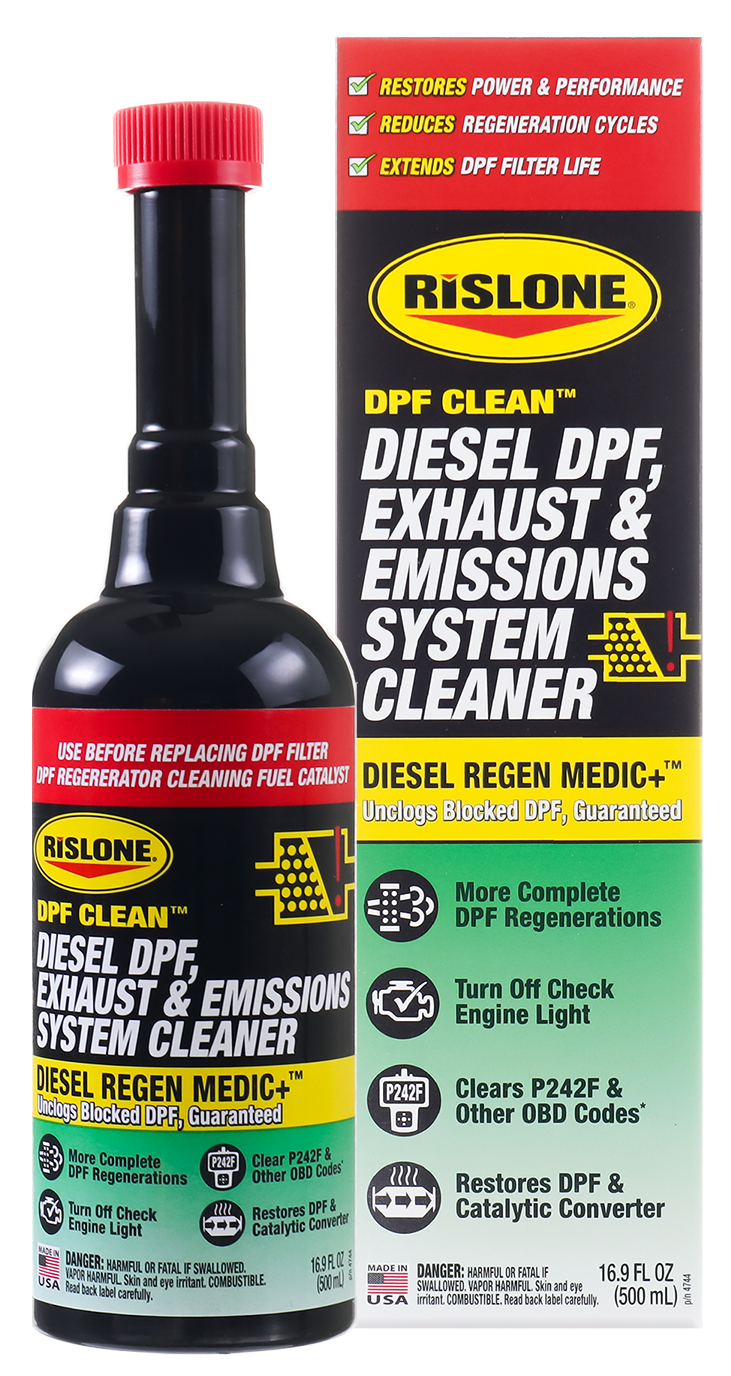
6. Diesel Fuel Quality Matters More Than You Think
Not all diesel fuel is created equal. Low-tier fuel can introduce contaminants that wreck your injectors and emissions systems. Remember, diesel fuel combusts under compression (no spark), so this calls fuel quality to the front of the line.
It’s smart to avoid old fuel—diesel begins to degrade after 6 months, leading to sludge and microbial growth. While gasoline vehicles also require quality fuel, diesel vehicles are particularly sensitive to fuel degradation and contamination.
Make sure you use good-quality (ideally “Top-Tier” rated) fuel. It’s one of the easiest diesel maintenance things you can do. More on this later.
7. Diesel Vehicle Break-In Period
The break-in period for a diesel engine is a crucial phase that sets the foundation for its future performance and longevity. Typically lasting between 500 and 1000 miles (800 to 1600 kilometers), this period requires careful attention to driving habits. During the break-in period, it’s essential to avoid long highway trips and refrain from hauling heavy loads. This allows the engine components to gradually wear in and settle into their optimal operating conditions.
Following the manufacturer’s instructions during this period is all you need to pay attention to. These guidelines often include varying your speed and avoiding high RPMs to ensure that the engine builds up its strength and performance gradually. After the break-in period, you’ll likely notice improvements in power and fuel efficiency as the engine continues to mature.
Properly breaking in your diesel vehicle not only enhances its performance but also extends its lifespan. By adhering to these early-ownership guidelines and maintaining regular upkeep, you’ll ensure that your diesel engine remains a reliable and efficient powerhouse for years to come.
8. Stick to Top-Tier Diesel Fuel & Use Good Additives
Look for stations selling Top Tier Diesel, which contains enhanced detergents to keep injectors and combustion chambers clean. Avoid old fuel—diesel begins to degrade after 6 months, leading to sludge and microbial growth9.
Additives Are Your Friend
Even good fuel benefits from a quality additive, especially for diesels. We’ve sold hundreds of thousands of our Rislone Hy-per Diesel Complete Fuel System Cleaner, which was designed ground-up for diesel vehicles specifically. Look for products that:
-
Lubricate the fuel pump and injectors
-
Prevent gelling in cold weather
-
Stabilize fuel during storage
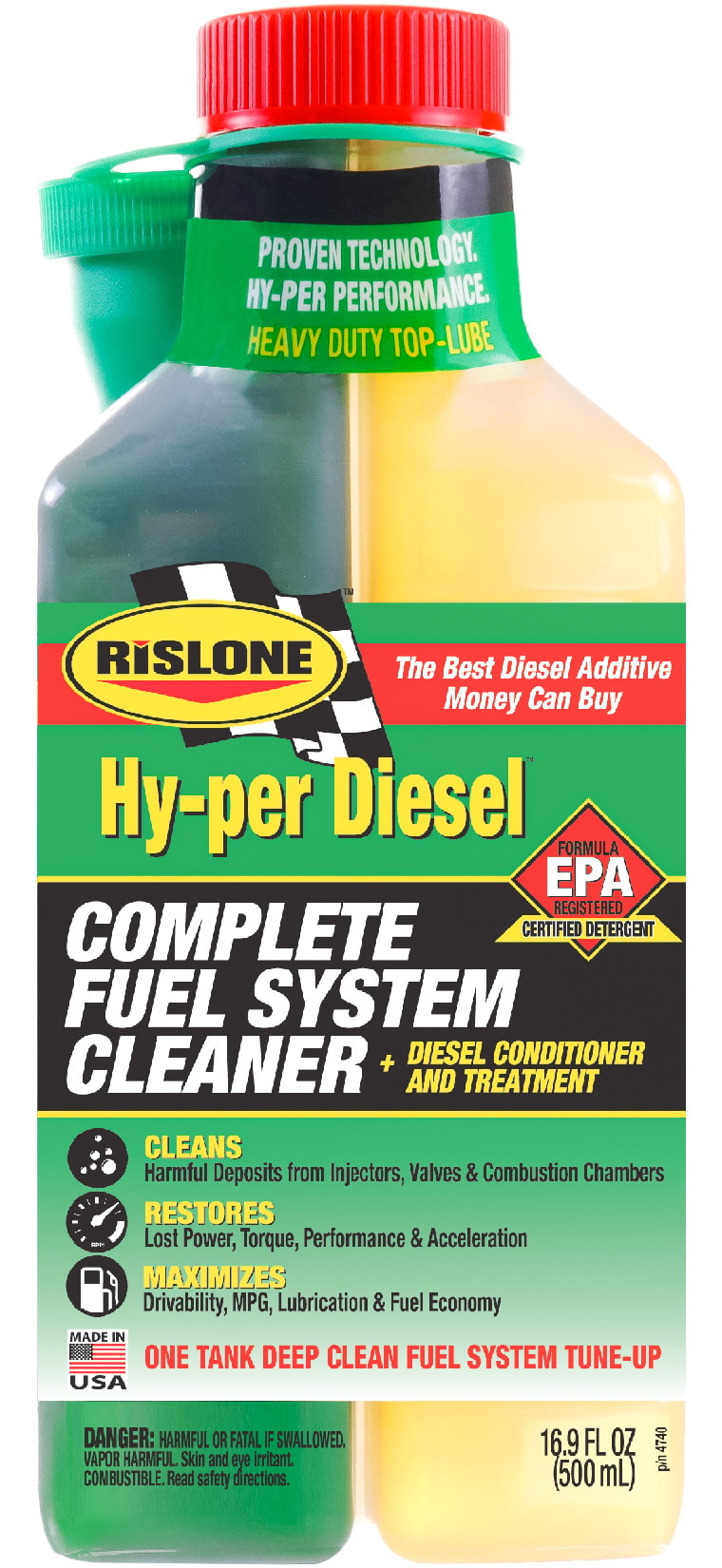
9. Build a Relationship with a Diesel-Savvy Mechanic
Chances are your local quick-lube shop isn’t equipped to handle diesel-specific issues. Find a specialist who:
-
Understands emissions systems (SCR, DPF, EGR in particular)
-
Uses OEM-approved diagnostic tools
-
Stocks parts for your engine (e.g., Duramax, Power Stroke, Cummins)
-
Understands local laws regarding diesel emission system modifications
Pro tip: Ask about forced regenerations—a process to manually burn off DPF soot if your driving habits prevent automatic cycles.
Final Thoughts
Owning a diesel is a commitment, but the payoff—durability, torque, and efficiency—is worth it. By staying proactive with maintenance, respecting the emissions system, and using targeted solutions like Rislone’s DEF Crystal Clean™, Diesel DEF Treatment, and DPF Clean®, you’ll avoid the pitfalls that trip up many new diesel owners. Remember: these engines reward those who show them a little love.
Now get out there and put that torque to work.

